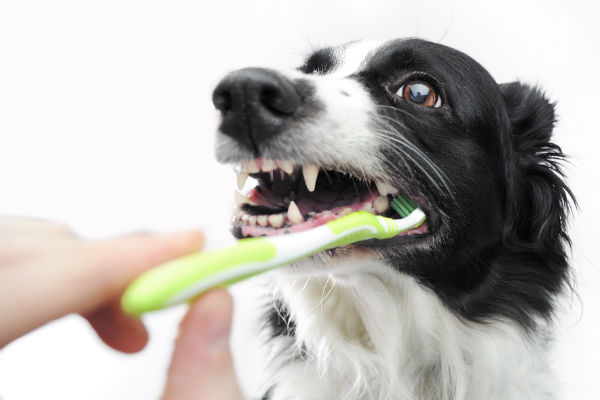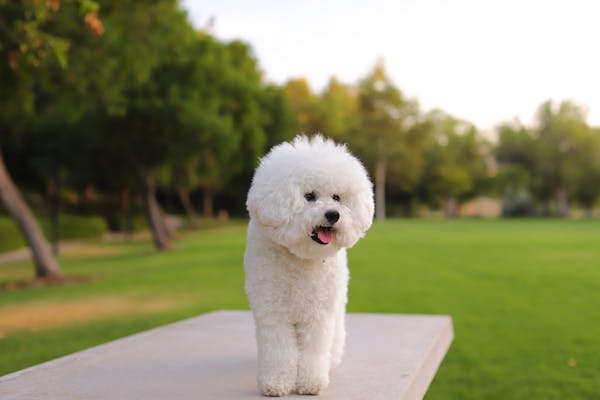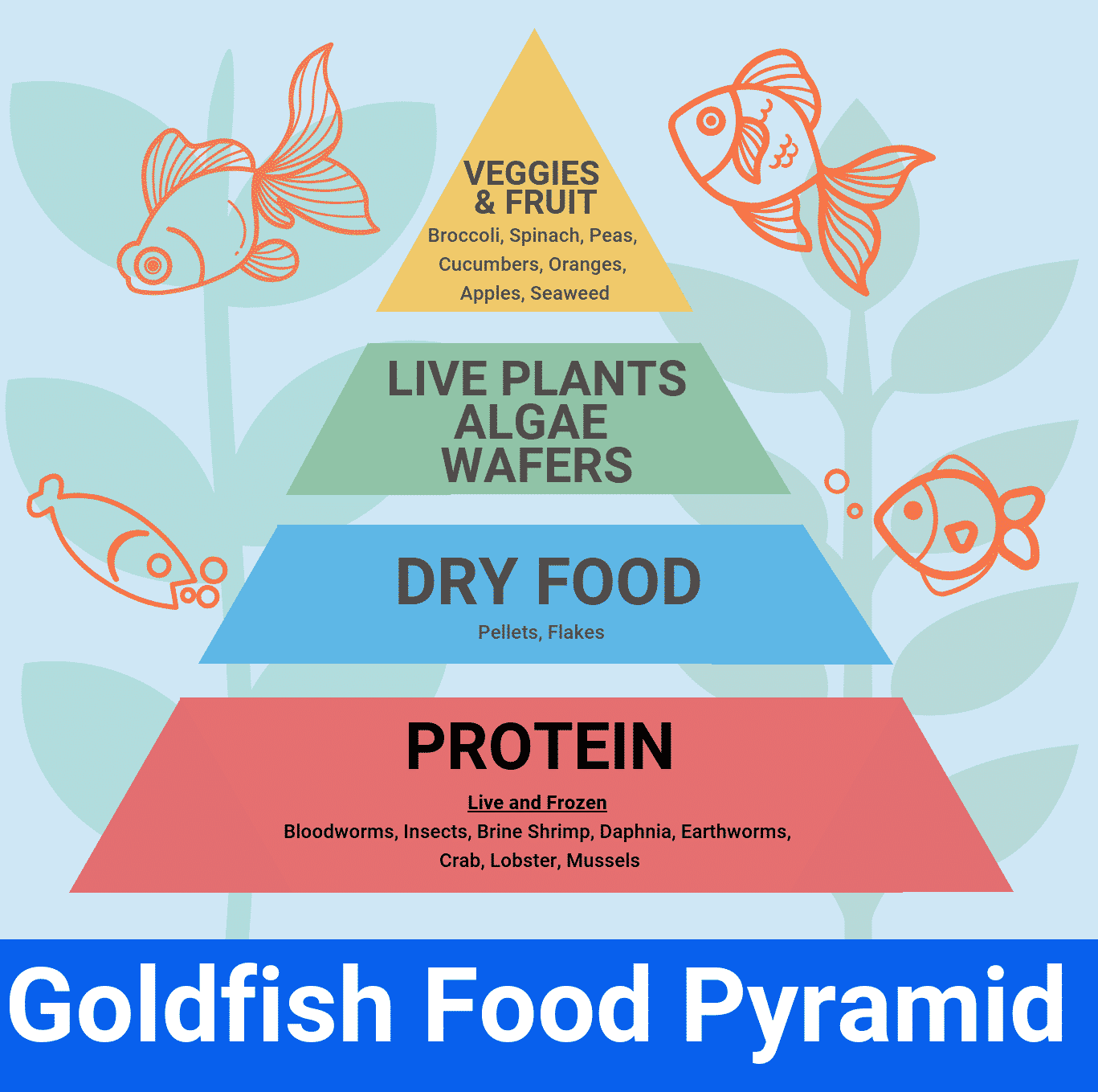While brushing our own pearly whites daily seems second nature, we often neglect to consider dog teeth cleaning. But dental care is just as vital for canine health as human wellness. Tartar buildup and gum disease can lead to tooth loss, pain, and serious infections in dogs.
Luckily there are many convenient at-home methods to clean your pooch’s teeth regularly beyond just tooth brushing. Read on for tips to easily improve your BFF’s dental hygiene.
Why Dog Dental Care Matters
Without removal, plaque and tartar rapidly accumulates on dog teeth. All that built-up nastiness carries consequences, including:
- Tooth decay
- Gum inflammation and receding gums
- Halitosis a.k.a. doggie breath
- Tooth root and mouth infections
Catching dental issues early makes treatment easier. But prevention is the best medicine when it comes to your fur baby’s smile.
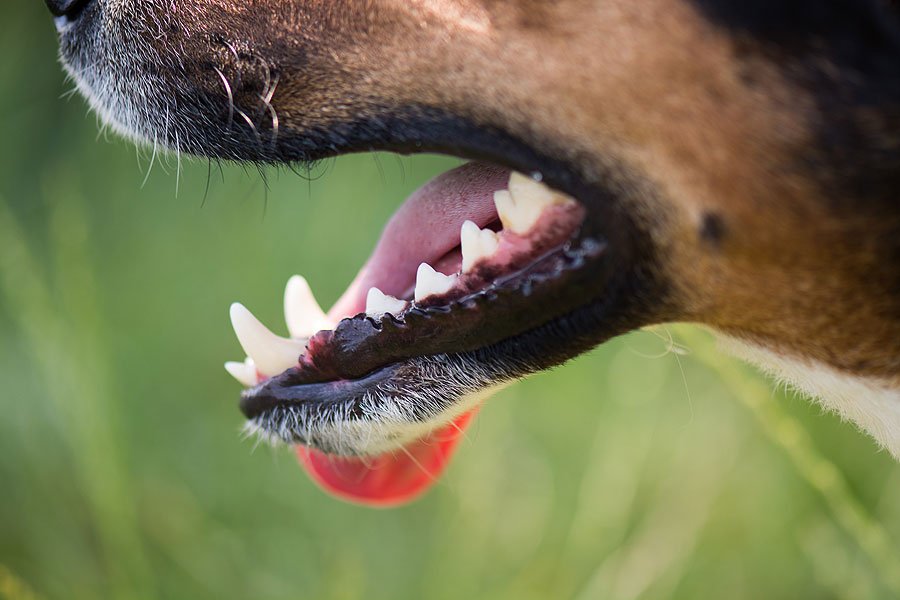
Easy Dog Tooth Cleaning Tips
Daily brushing prevents tartar most effectively. But adding supplementary cleaning methods also helps significantly slow plaque buildup.
Bonus – most techniques take mere minutes while doubling as tasty treats!
1. Dental Chews
Specialized vet-approved dental chews feature abrasive textures and antimicrobial ingredients to scrub away plaque while chewing. Our top dental chew picks:
- Greenies Dental Dog Treats
- Pedigree Dentastix
- Milk-Bone Brushing Chews
Aim for one chew 2-3 times per week. Size up options to match your dog’s weight class.
2. Hard Chew Toys
Recreational gnawing on hooves, antlers and nylon bones scrape plaque and massage gums too. Rotate a few durable options to keep things interesting.
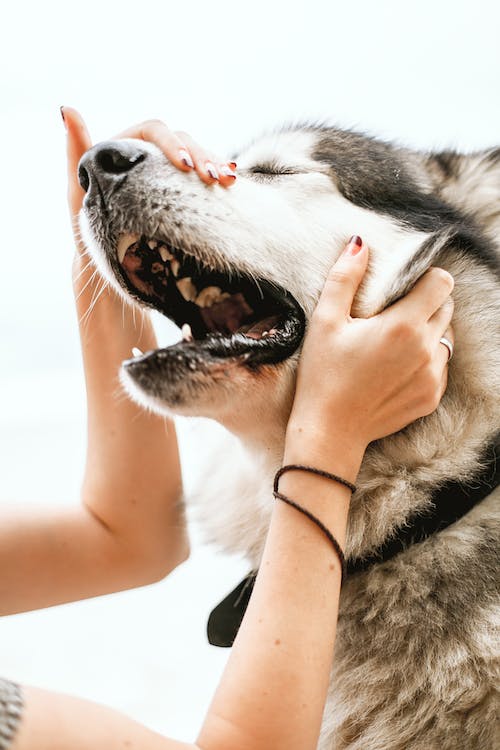
3. Water Additives
Add oral health boosting solution concentrates to your pup’s water bowl. Most contain antimicrobial ingredients to reduce bacteria growth. Popular picks include HealthyMouth and Leba III Pet Dental Water Additive.
4. Dental Wipes
Gently rub textured finger pad wipes across teeth, gumlines and tongue once daily to lift surface plaque and germs. Virbac C.E.T. Enzymatic Dental Wipes work great.
5. Rinses & Gels
Apply minty fresh rinses after eating to fight lingering odors. We like TropiClean Fresh Breath Clean Teeth Gel and Pet King Dental Fresh Rinse.
Pro Dental Care Tip: Set phone alarms linking dental treats, wipe downs or rinses to your own morning and evening self-care routines. Consistency pays off.
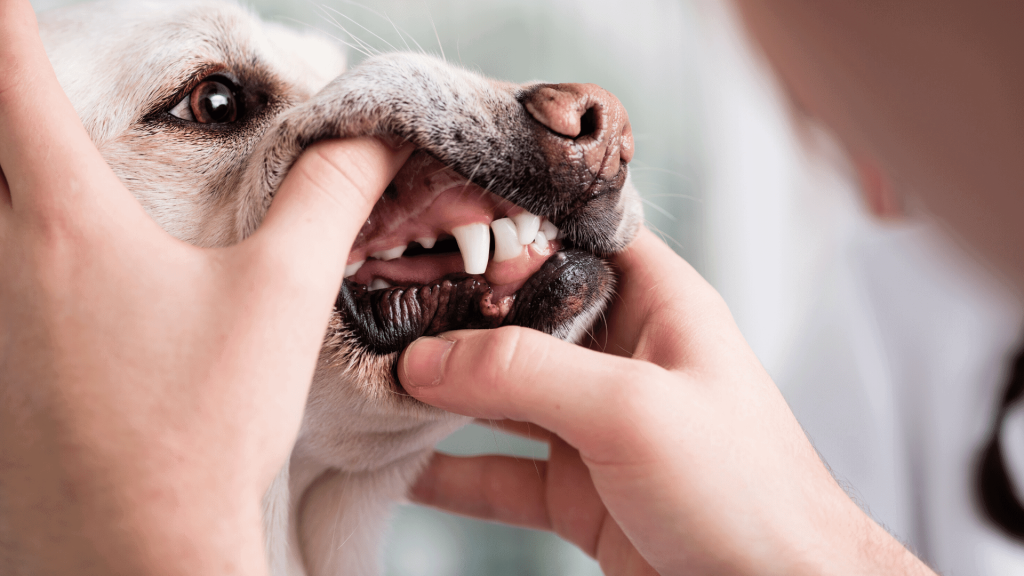
Do Dogs Need Professional Cleanings?
Vigilant at-home cleaning slows plaque and delays costly deep dental cleanings. But even the most diligent owners will likely need periodic professional vet dentistry.
Warning Signs Requiring Professional Cleaning
- Visible large tartar buildup
- Red, swollen or receding gums
- Loose or infected teeth
- Bad breath and drooling
- Discolored teeth
- Changes in eating
Vets use anesthesia to fully clean below gumlines, take x-rays, extract bad teeth and provide other needed care. Book cleanings whenever these issues surface.
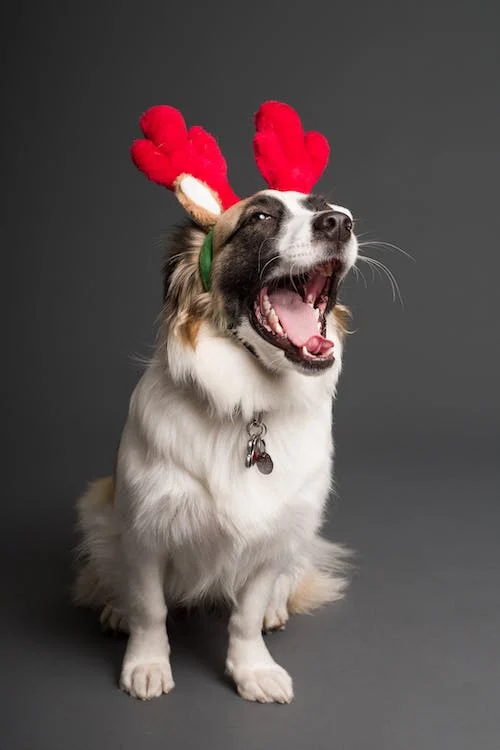
Additional Oral Health Care Tips
- Get your pup accustomed young – Make handling teeth and mouth areas while playing a frequent positively reinforced activity from the start. Eases stress later.
- Prioritize brushing – Daily scrubbing with dog-safe toothpaste remains the single best prevention method, though adding extras helps.
- Schedule annual vet dental checkups – Your vet visually inspects for early issues and recommends next cleaning timelines.
- Feed dental diets – Some veterinary dental food blends feature kibble shapes and textures developed to clean teeth as dogs chew daily.
Follow these well-rounded care tips and your BFF’s sparkling smile will stay healthy for years. Smile bright!
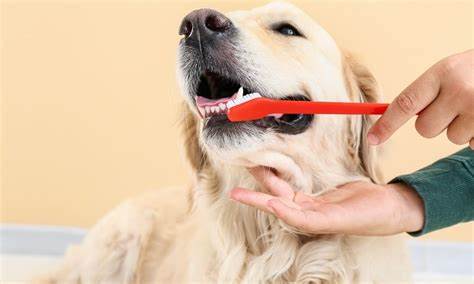
Dog Owners’ Dental Care Questions
Still have questions about keeping your pup’s pearly whites pristine? See answers to frequently asked dental care questions below:
Q: How often should dogs get their teeth cleaned?
A: Most dogs need a full professional dental cleaning every 12-24 months. Depends on breed, diet and home cleaning consistency. Smaller dogs may go a bit longer between cleanings.
Q: Can I use human toothpaste on dogs?
A: No! Human toothpastes contain ingredients like fluoride and foaming agents that are not safe if swallowed. ONLY use veterinary formulated doggy toothpastes.
Q: What happens if my dog’s teeth aren’t cleaned?
A: Lack of cleaning lets plaque mineralize into tartar that inflames gums, causes infections and tooth decay. Advanced cases cause gum recession, tooth loss and spread bacteria through the bloodstream risking organ damage.
Now that you know easing into consistent dental care makes keeping your dog’s grin gingivitis-free a breeze, get those pearly whites shining starting today!
